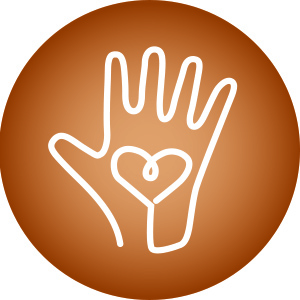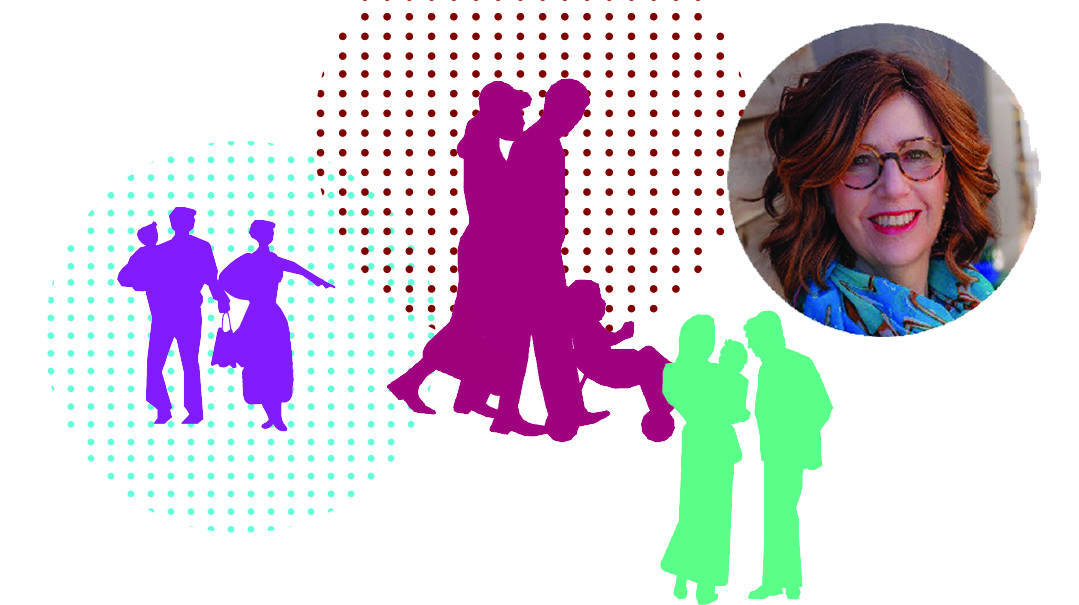“My Four-Year-Old Is Suffering from Anxiety”

Offering help while your son is young can make a huge difference to his future wellbeing

Since the summer season began, my full-of-energy, fun-loving four-year-old has become a shadow of himself. At first he was nervous about the change from school to camp (which I thought to be within normal range). But then he developed a fear of going swimming. He hates to get splashed by the other kids, and he claims to have slipped in the pool on the first day. He’s so anxious about it to the point that he can’t eat breakfast in the morning, has stomach aches, and cries about it all the time.
Of course I reached out to the teacher, who allows him to skip the daily swimming activity. But the kid hasn’t calmed down at all. My question here is twofold: As a parent, is there anything more I can do for my suffering child other than validate his feelings and try to calm him down? And second, I know that the swimming issue is just the trigger this time. Something else is bound to come up next time. That’s life, right? Is there anything to prevent his anxiety in the first place?
A:
Let’s start with your last thought first: You’re totally correct in thinking that the swimming issue is just today’s trigger and that there will likely be many, many more triggers as life unfolds. Hashem presents us with endless novel challenges.
You’re also right because those who get anxious about one thing will normally get anxious about many things. Your son’s anxiety is affecting his mood and his body. You’re parenting him well around this, accepting and validating his emotions, but this hasn’t “cured” him of his anxious feelings.
Emotional coaching appeals to the prefrontal cortex. “I know you’re scared,” acknowledges, accepts, names, and validates the troubled emotion. However, when the emotion is intense anxiety (or intense anger), this strategy is often not enough to shift the emotion. The message simply fails to reach the amygdala — the place where adrenaline and cortisol are released into the nervous system.
A more focused cognitive-behavioral approach has been shown to help many adults manage, reduce, or eliminate their fears. However, four-year-olds may not have the mental capacity to benefit from the logical analysis of their fear. The one CBT factor that will be necessary nonetheless is the avoidance of avoidance! As long as your son is excused from swimming, he will not be able to recover from his fear of it.
A behavioral therapist may design a careful desensitization program to help him get into the water, face his fear without being overwhelmed by it, and eventually learn to love swimming.
Even if you can’t arrange professional treatment right now, there are ways of calming the nervous system using amygdala-friendly interventions. Today, many mental health professionals employ tools such as Emotional Freedom Techniques (EFT), EMDR, and other mind/body approaches to lift traumatic memories (such as slipping in the pool on the first day of camp) and active phobias (such as being negatively affected all day by the thought of having to swim). Fortunately, EFT can also be applied in a self-help format (or mommy-help format) and is easy to learn by watching a video, reading a book, or learning from a friend. EFT not only removes the current fear, but helps reprogram the brain to prevent fear from being triggered in the future.
Some people have found that naturopathy has been able to effectively address anxiety. There are certain vitamins and herbs that reduce stress chemistry in the body. A professional integrative practitioner may be able to help you find appropriate child-friendly treatments.
Some people have had good results with Bach flower remedies or similar flower essences. There are books, practitioners, and other resources to help learn more about this approach, but if you’re in a rush to try something right away, consider the remedies: “mimulus” (for fear of swimming), “aspen” (for fear of something bad happening), and “rock rose” (for panic). “Rescue Remedy” — a pre-mixed Bach flower preparation — can also be used right away to help reduce trauma and panic.
Offering help while your son is young can make a huge difference to his future wellbeing. Doing nothing, on the other hand, is very likely to maintain and increase fear circuits over time, as the brain gets better at whatever it practices. Empower your youngster by helping him calm his own anxious nervous system using one of the many interventions that Hashem has gifted us with.
(Originally featured in Family First, Issue 856)
Oops! We could not locate your form.



